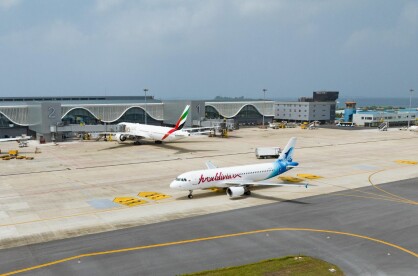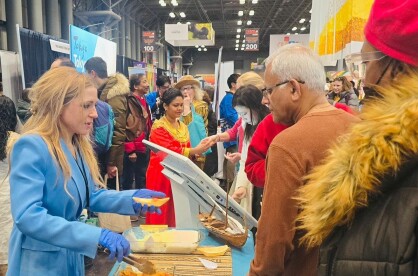The Maldives’ tourism industry thrives not only on the breathtaking natural beauty of the islands but also on the unique experiences offered to visitors. From adrenaline-pumping water sports to serene island-hopping and tranquil sandbank excursions, these experiences create unforgettable memories for travellers. Among these activities, feeding different species of rays has stood out as a favourite among tourists and locals alike.
This thrilling activity provides a rare opportunity to witness rays and baby sharks gather near the shore during the much-anticipated "feeding hour." The spectacle is a photographer's dream, offering picture-perfect moments that capture the essence of a Maldivian getaway. For many visitors, it is a once-in-a-lifetime experience to see these magnificent creatures up close.
However, while this activity has been a major draw for tourism, the Environmental Protection Agency (EPA) has expressed serious concerns about the potential harm it causes. Beyond its allure as a unique encounter, feeding marine species such as rays and skates has been found to disrupt their natural behaviour and pose significant risks to their well-being.
One of the primary concerns raised by the EPA is the disruption of natural foraging habits. Rays and baby sharks that frequent feeding sites have become increasingly dependent on human-provided food rather than engaging in their natural hunting behaviour. This dependency is already evident in resorts and tourism-heavy islands, where rays are seen gathering at the shore during feeding times, awaiting handouts rather than seeking out their meals in the wild.
Some other risk factors involved in such feedings also include things such as the food provided often failing to meet the specific dietary requirements of the rays, leading to potential nutritional deficiencies. Additionally, the unnatural congregations of marine life during feeding times create an environment of heightened competition and stress among the animals. Rays and other creatures compete for food, often leading to aggressive behaviour and injuries.
The risks are not limited to the animals alone; human safety is also a concern. Regular feeding of rays and baby sharks can cause these creatures to associate humans with food, increasing the likelihood of accidental bites or attacks - which is a current trend being witnessed in the Maldives.
Given these mounting concerns, the EPA took a decisive step in January 2025, issuing an order to cease all feeding activities involving rays and skates in the Maldives. While this decision may disappoint travellers who cherish this activity, the EPA emphasized that protecting the environment and the species that inhabit it must take precedence.
Rays and skates are listed as protected species in the Maldives under the Protected Species Regulation. This designation requires the EPA to prohibit activities that could harm them, including feeding practices that disrupt their natural behaviours and threaten their health.






